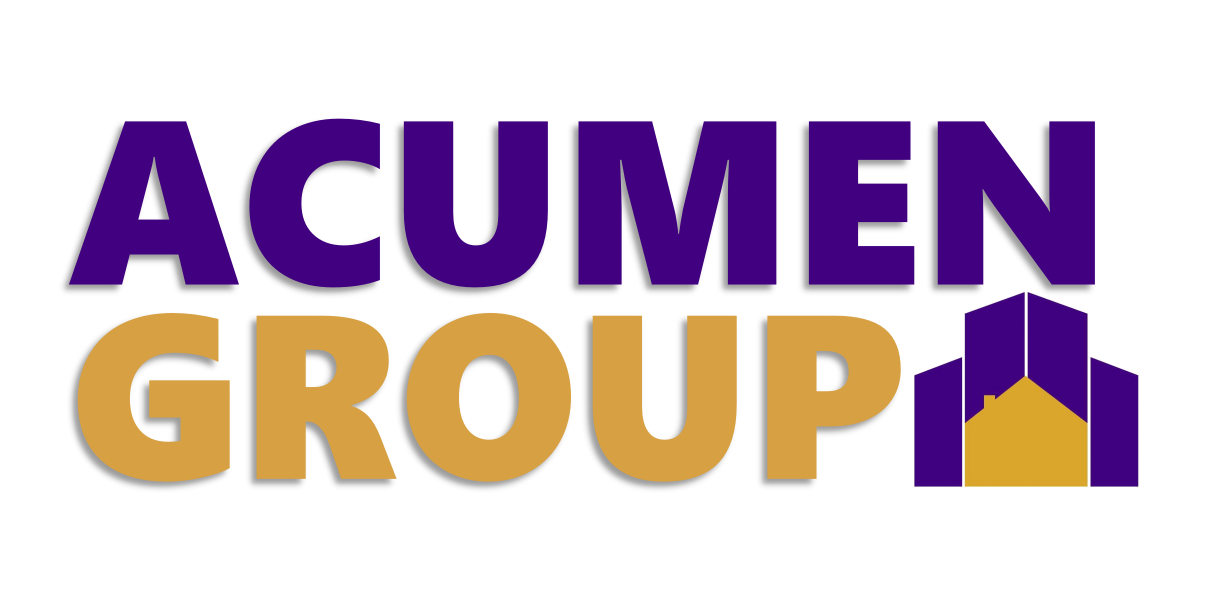Homeowner’s Association (HOA)
HOAs are typically found in planned communities and are responsible for managing common areas, enforcing rules, and maintaining the property values within the community.
Condominium Association (COA)
COAs are common in condominium buildings where individual owners own their units, and the association manages the shared areas, such as hallways, elevators, and common grounds.
Property Owners Association (POA)
POAs are broader organizations that may encompass a wider range of properties, including homes, commercial buildings, and even land, and focus on maintaining the community’s infrastructure and amenities.
Cooperative Association (Co-op)
In a Co-op, members own shares in the corporation that owns the building and have the right to occupy a specific unit. The co-op board manages the property and sets rules for residents.
Civic Association
These are informal community groups that focus on social events, local issues, and promoting a sense of community. They don’t have the legal authority or the financial responsibility of HOAs or other formal associations.
Master Association
Master associations may be responsible for the overall management of a large community that includes multiple HOAs or other associations. They may oversee amenities, common areas, or other services shared across the larger community.
Mixed Use Association
This includes the combination of any of the associations above and generally includes some component of revenue like a restaurant or a golf course.
Commercial Association (CA)
CAs are inclusive of retail or office spaces where individual owners own their units, and the association manages the common areas, such as parking lots and entryways.



